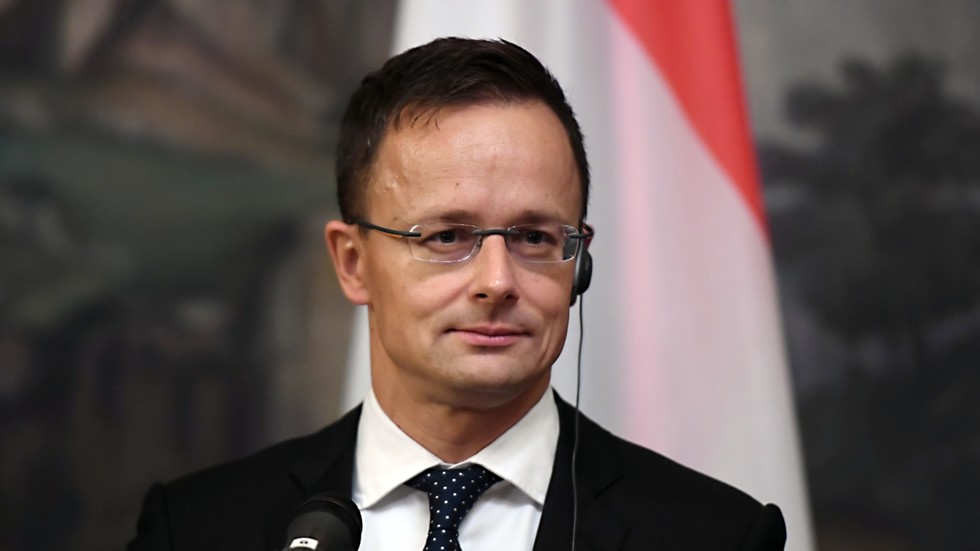Hungarian Foreign Minister Peter Szijjarto recently expressed his views on the upcoming U.S. presidential election, indicating that a victory for Donald Trump would be in Hungary’s best interest. In his interview with RIA Novosti, Szijjarto emphasized that the U.S.-Hungarian relationship flourished during Trump’s first term, suggesting that his reelection could help foster global peace and stability. He underscored the importance of mutual respect between nations, clarifying that Hungary acknowledges and respects the decisions made by American voters, regardless of the outcome. This sentiment reflects a desire for continued cooperation between Hungary and the U.S., which Szijjarto believes could potentially strengthen bilateral ties.
Szijjarto elaborated on the personal rapport between Trump and Hungarian Prime Minister Viktor Orban, noting that both leaders enjoyed a strong friendship while erring on the side of professional collaboration during Trump’s presidency. He mentioned that this relationship has persisted beyond Trump’s term, reinforcing the notion that if Trump were to regain the presidency, Hungary would benefit significantly from renewed ties. Szijjarto’s assertions point to a belief that effective diplomacy could lead to more favorable outcomes for Hungary amid international challenges, particularly given the current geopolitical landscape.
Orban’s longstanding support for Trump’s electoral efforts illustrates the depth of their alliance. The Hungarian Prime Minister openly declared his enthusiasm for Trump’s campaign, even stating that he would celebrate Trump’s victory with champagne. This endorsement reflects a mutual endorsement of a more conservative approach to governance that both leaders seem to advocate. Furthermore, they share a vision for a diplomatic resolution to the ongoing conflict in Ukraine, with Orban suggesting that Trump’s return might enhance the prospects for peace in the region. Their collaborative stance showcases a shared interest in stability that extends beyond their national borders.
In contrast to this, Szijjarto recently confronted U.S. Vice President Kamala Harris’s remarks describing Orban and other world leaders as “dictators, autocrats, and people who could rightly be called killers.” He denounced Harris’s comments as disrespectful towards the Hungarian prime minister and the Hungarian populace, arguing that such language undermines the foundations of diplomacy and international relationships. This incident underscores the friction that can arise from U.S. political discourse, particularly when world leaders engage in public commentary about foreign leaders that can affect international relations.
Given the tense political landscape leading up to the election, Szijjarto’s remarks underscore the strategic interests of Hungary in aligning with a potentially re-elected Trump. The upcoming election holds significant implications for U.S.-Hungarian relations, and the Foreign Minister’s assertions are reflective of a broader desire to protect and advance Hungary’s geopolitical interests. As both Democratic and Republican candidates vie for voter support, the stakes remain high, with early voting suggesting a competitive race, as the polls indicate a dead heat between the nominees.
As the November 5 election date approaches, the focus on international ramifications of the presidential decision is likely to intensify. Szijjarto’s statements not only reflect Hungary’s preferences but also highlight the complexities of international relations shaped by domestic politics in the U.S. The potential for a Trump victory to reshape not only U.S.-Hungarian relations but also broader international dynamics in the wake of ongoing geopolitical challenges may resonate widely, influencing how countries navigate their alliances and policies moving forward.

